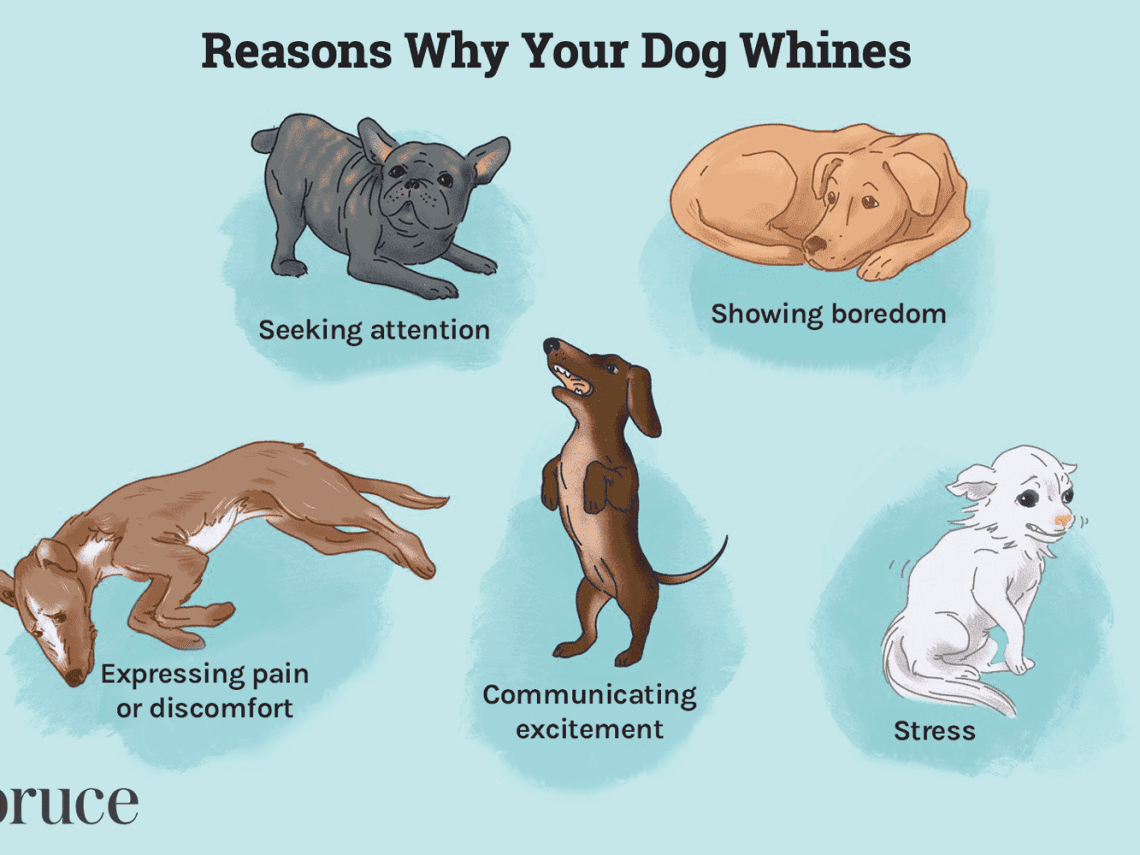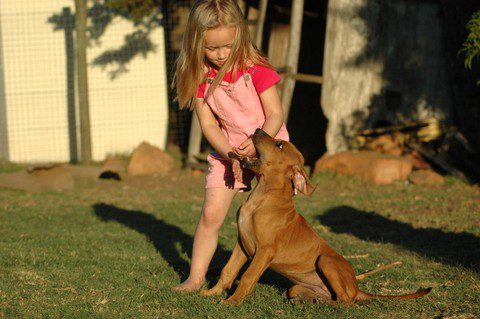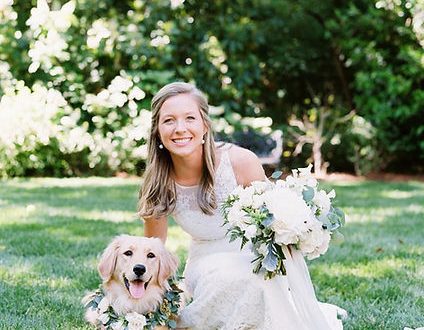
Why does a puppy whine all the time?
Does your puppy whine day and night? Just like small children, puppies cry and whine to share their thoughts and feelings with their new family. Unfortunately, they don’t speak the same language as us, so they will whine, yelp, yelp, and even cry to get their message across.
With all the love for a fluffy baby, it really annoys you that a puppy whines all day or, even worse, at night when you are trying to rest after a hard day. A few days of this puppy behavior will exhaust everyone in your house, and no one wants that.

What to do if a four-legged baby is constantly whining and it seems to you that he does this for no reason? To correct the situation and wean the puppy from whining, the first step is to find out the reason for this behavior. Once you know what he is trying to tell you, you can teach him to stop whining and whining. There are several reasons why a dog may whine.
Maybe she’s bored?
Keep her busy. An active dog doesn’t have time to whine, and a bored dog is basically trying to get your attention so you can find something to do. It’s actually easy to fix. When your puppy starts whining, point his attention to something new. First, start by learning simple commands. This will give him a mission, and by spending time together, you can strengthen the bond between you. Giving your dog the opportunity to demonstrate how he has learned is a good way to deal with his whining. To entertain a bored pet, try building an obstacle course for dogs in the yard where she can spend her energy, play fetch ball with her, hunt for treats, or simply tug her favorite toy.
Is your dog excited?
While this may seem like the least likely reason for a puppy to whine, it’s actually quite normal. Your dog is smart. She knows how cool you are and she’s just really happy to see you. Or she wants her ball, another toy, a treat, or maybe dinner. There are many things that can get your dog excited. She just doesn’t know how to explain it to you yet, so she started whining. To correct this behavior, you need to solve each situation separately. For example, if your dog is sitting or lying at your feet while you are eating and is whining continuously, try feeding him in another room at the same time. If she’s whining just to get attention, it’s best to ignore her completely. And then, when she calms down, reward her with the attention she deserves. Remember that dogs perceive you as their leader. If the leader does not pay attention to her, she may feel rejected. Just let her know that you love her.
If your dog is used to some sort of regular activity, such as going out early in the evening or playing with you before you leave for work, he may think that you are ignoring him if the routine is broken. Reassure her that she is doing well, try to give her as much attention as your schedule allows, and she will calm down.
Does she need to go outside?
One of the simplest answers to why a dog whines is that it needs to go outside. If you have toilet trained your puppy, he will let you know when he needs to go “on business”. Whining is usually a common behavior for puppies that are just toilet training, but over time you can teach him to sit at the door or even ring a bell when he needs to go out.
Is your dog sick?
It is important to note that while whining is quite common, especially if it is a puppy, always look out for other signs and symptoms that it has something to do with a medical condition. If in doubt, make an appointment with your veterinarian. Your veterinarian will conduct a thorough examination and let you know if your dog is really whining because of illness.
Finally, be patient with your new furry family member. Moving to a new home is scary and your puppy needs time to get used to it. Give him more attention when he’s well behaved, and try never to react negatively to whining. Working with a professional trainer on this behavior at a young age will help your dog learn to communicate without whining. Eventually, over time, she will be able to use other non-verbal cues to communicate her problems to you. Or learn to solve them yourself.





